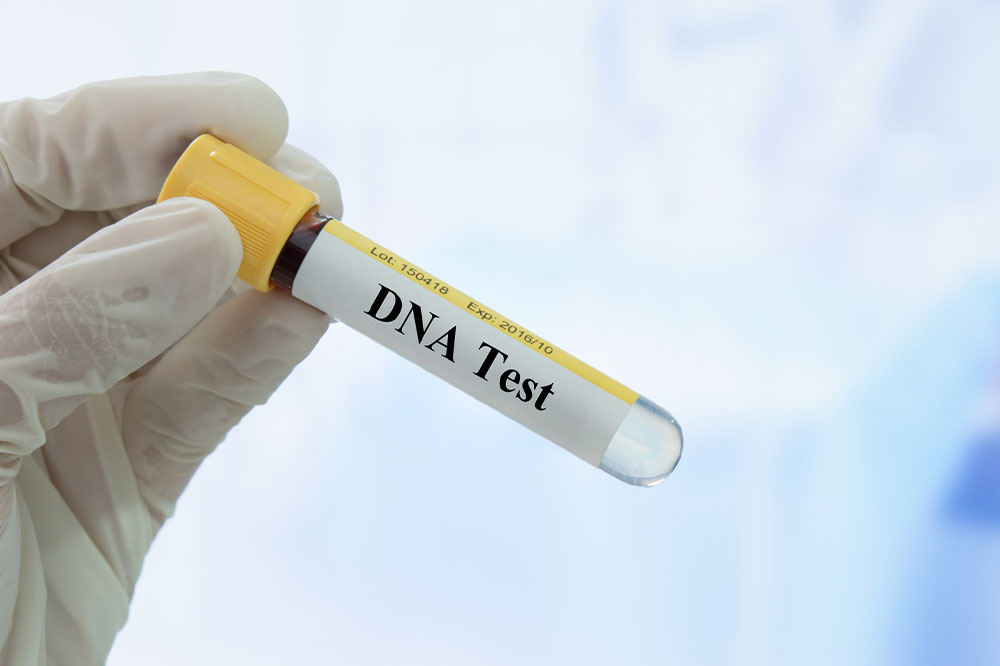Essential Insights Before You Take a DNA Analysis
Learn essential facts about DNA testing, including what it involves, potential privacy concerns, and how to choose the right provider. This guide helps you make informed decisions before taking a DNA test for ancestry, health, or personal curiosity.
Sponsored

Essential Insights Before You Consider a DNA Analysis
Important Aspects to Know Before Undergoing a DNA Test
DNA, or deoxyribonucleic acid, is the hereditary material that contains the genetic instructions essential for growth and bodily functions. While DNA testing isn’t yet a widespread practice, many are curious about its benefits and implications. If you're planning to undergo a DNA test, there are crucial points to understand.
Learn What DNA Testing Entails
DNA tests can reveal personal traits, health risks, and ancestral origins. They also allow for the discovery of relatives and lineage connections. Keep in mind that many companies may store your data for research purposes, which raises privacy concerns. Understanding what to expect from a DNA test is vital before proceeding.
Be Aware of Potential Downsides
Despite advantages, DNA testing carries risks, especially concerning privacy and data security. Your genetic information is unique and sensitive; misuse or hacking is a possibility. Additionally, results like misattributed paternity may cause emotional distress. Recognizing these factors helps in making an informed decision.
Select a Reliable Provider
Opt for a reputable DNA testing service tailored to your goals—whether for ancestry, health, or other reasons. A larger database increases the chances of finding relatives or tracing lineage, especially for genealogical purposes. For medical insights, choose providers experienced in healthcare-related genetic testing.
Conduct Proper Research
Understanding DNA structure enhances your interpretation of test results. DNA functions as a biological code, encoding hereditary traits from both parents. Familiarity with the basics enables you to grasp how genetic permutations influence your characteristics and health prospects.
Know Your Testing Options
Decide between different test types—autosomal, mitochondrial (mtDNA), or Y-DNA—based on your needs. Autosomal tests are the most common and applicable to both genders, providing broad information. Each test offers distinct insights and has limitations, so selecting the right one is essential.






